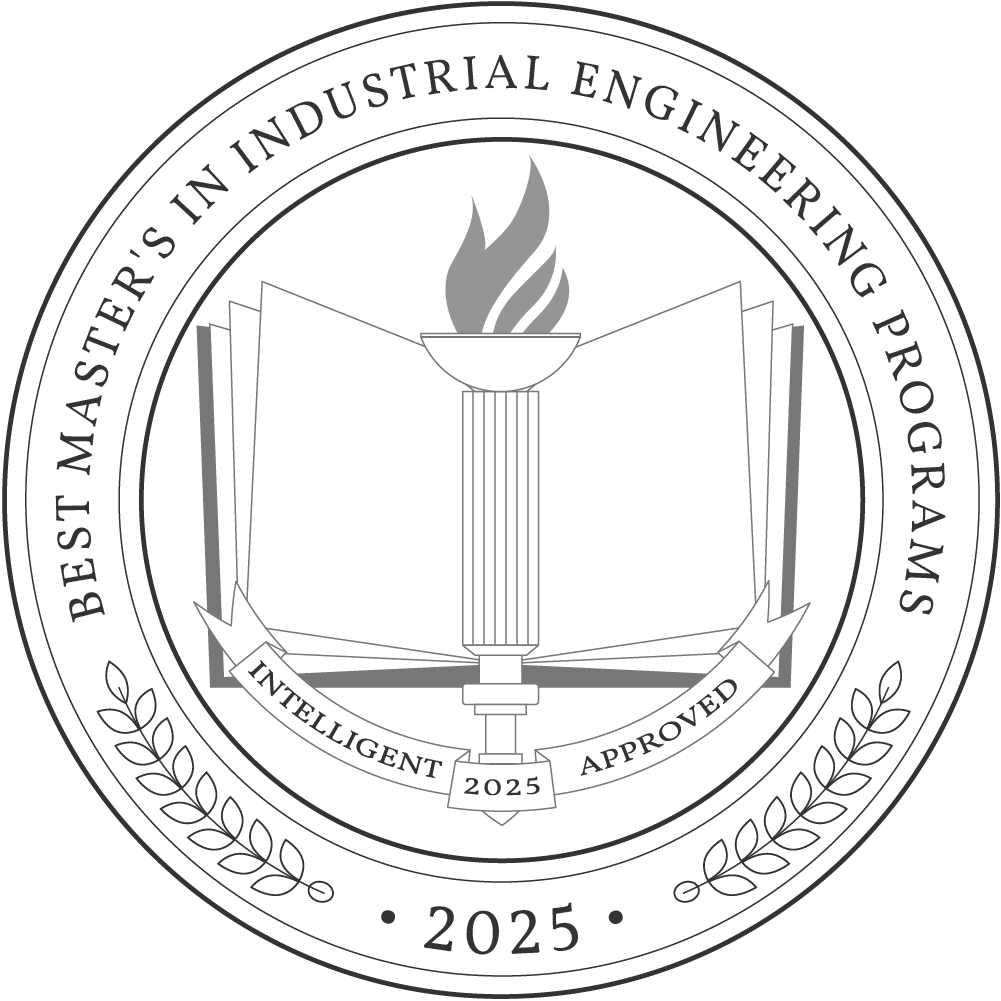If you’re a current engineer seeking higher pay and a leadership role, a master’s in industrial engineering is a strategic next step. These programs cultivate analytical, managerial, and technical skills to streamline operations, optimize processes, and lead teams efficiently. Graduates often qualify for higher-paying roles, with the top 10% of industrial engineers earning upwards of $142,220 and engineering managers making a median salary of $165,370. You’ll be well-prepared for positions in supply chain management, quality assurance, and project management, where you can guide organizational strategies and improvements.
Full-time students typically complete degree requirements in 18 months to two years, while part-time students may require three to four years. The average tuition was $19,749 for the 2020-2021 academic year, making this a worthwhile investment for a rewarding career trajectory.
Why Trust Us
The Intelligent.com Higher Education Team is dedicated to providing students with independent, equitable school and program rankings and well-researched resources. Our expert-driven articles cover topics related to online colleges and programs, paying for school, and career outlooks. We use data from the U.S. Department of Education’s College Scorecard, the National Center for Education Statistics, and other reputable educational and professional organizations. Our academic advisory team reviews content and verifies accuracy throughout the year for the most current information. Partnerships do not influence rankings or editorial decisions.
- Analyzed over 2,000 national, accredited, and nonprofit colleges and universities
- 800+ rankings pages are reviewed and updated yearly
- Content is informed by reputable sources, surveys, and interviews with academic advisors and other experts
- Over 100 data points are reviewed for accuracy and quality throughout the year, including sources
How we rank schools
Our list features the best Industrial Engineering degree programs at top colleges nationwide. Each school featured is a nonprofit, accredited institution — either public or private — with a high standard of academic quality for post-secondary institutions.
We evaluated each school’s program on tuition costs, admission, retention and graduation rates, faculty, reputation, and the student resources provided for online students. We collected data from trusted sources like the National Center for Education Statistics, individual school and program websites, school admissions counselors, and other data sources. Then, we calculated the Intelligent Score on a scale of 0 to 100 based on the following criterion:
Academic Quality:
- Admission rate versus enrollment rate
- Retention rate of students who return after year one
- Accreditation status (regional and programmatic)
- Nonprofit status, both private and public institutions
Graduation Rate
- Overall graduation rate
- Total number of currently enrolled students, including diversity metrics
- Student-to-faculty ratio
Cost and ROI
- In-state and out-of-state per-credit tuition rates and fees
- Required credits to graduate
- Earning potential after graduation
- Availability of federal student loans, scholarships, and other financial aid options
Student Resources
- Available student services for online-only and hybrid programs
- On-campus amenities like tutoring centers and the number of libraries
Read more about our ranking methodology.
Best 29 Accredited Master’s in Industrial Engineering Programs
FiltersInstitution Type
Status
- Intelligent Score
- Alphabetically By University Name
- Acceptance Rate
- Enrollment
- In-state Graduate Tuition
- Out-of-state Graduate Tuition
- In-state Undergraduate Tuition
- Out-of-state Undergraduate Tuition

Texas A&M University College of Engineering
Intelligent Score: 98.8In-state: $8,395
Out-of-state: $36,849
In-state: $6,775
Out-of-state: $6,775
SAT: 1160-1380
ACT: 26-32
Resident: $638
Non-Resident: $1,169
On-Campus, Online
Southern Association of Colleges and Schools Commission on Colleges
30
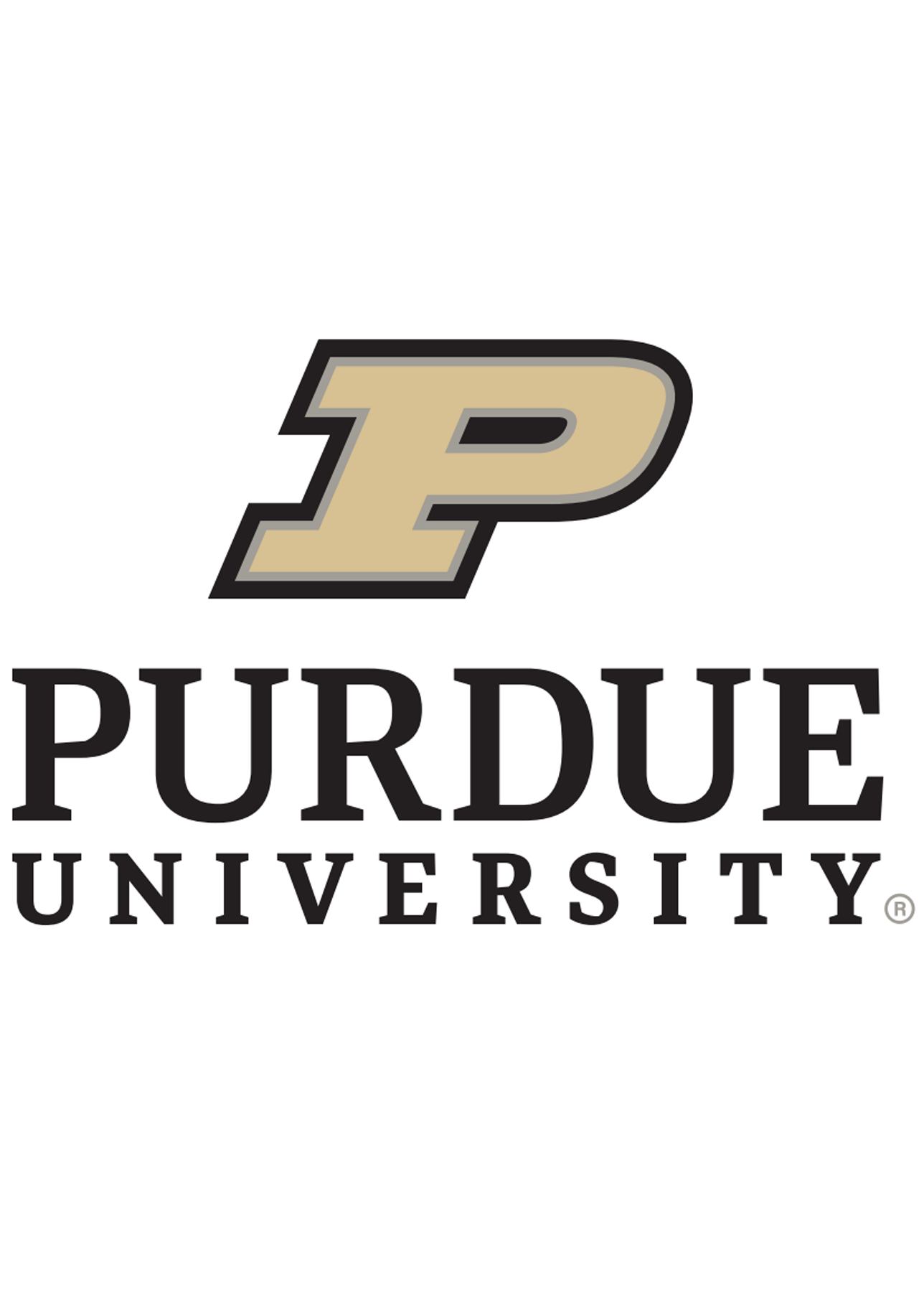
Purdue Engineering
Intelligent Score: 94.04In-state: $9,208
Out-of-state: $28,010
In-state: $9,208
Out-of-state: $9,208
SAT: 1170-1420
ACT: 25-33
Resident: $694
Non-Resident: $1,869
On-Campus, Online
Higher Learning Commission
30
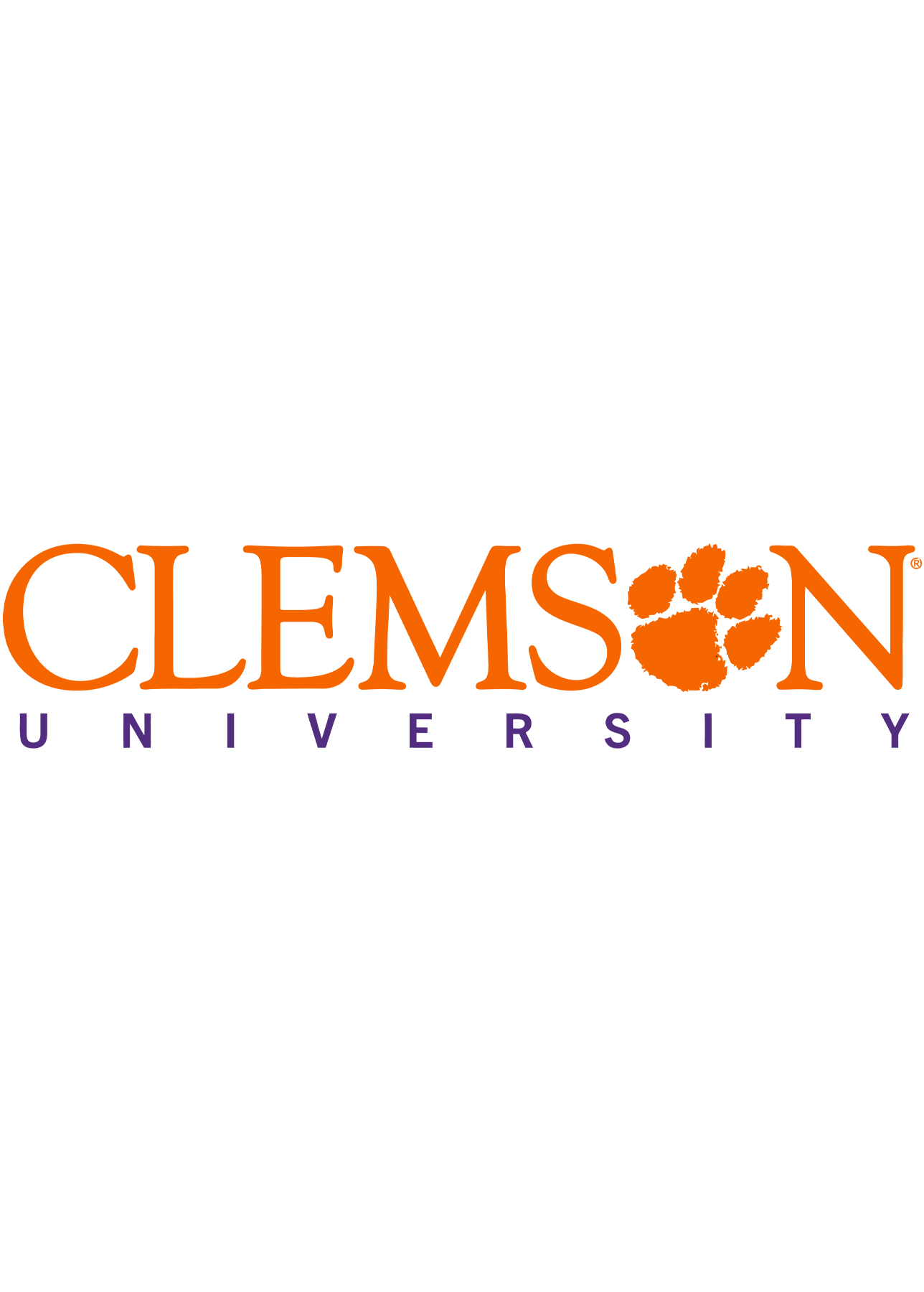
Clemson University
Intelligent Score: 94.03In-state: $14,118
Out-of-state: $37,110
In-state: $10,600
Out-of-state: $10,600
SAT: 1210-1390
ACT: 27-32
Resident: $623 Non: Resident: $1,298
On-Campus
Southern Association of Colleges and Schools Commission on Colleges
30

Columbia University in the City of New York
Intelligent Score: 92.88In-state: $57,864
Out-of-state: $57,864
In-state: $49,024
Out-of-state: $49,024
SAT: 1460-1570
ACT: 33-35
$2,462
On-Campus
Middle States Commission on Higher Education
30
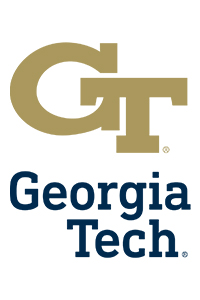
Georgia Institute of Technology
Intelligent Score: 91.08In-state: $28,106
Out-of-state: $49,218
In-state: $27,898
Out-of-state: $27,898
SAT: 1370-1530
ACT: 31-35
$1,149
On-Campus, Online
Southern Association of Colleges and Schools Commission on Colleges
30

University of Central Florida
Intelligent Score: 89.89In-state: $4,478
Out-of-state: $19,810
In-state: $6,916
Out-of-state: $6,916
SAT: 1160-1340
ACT: 25-30
In-State: $369
Out-of-State: $1,194
On-Campus, Online
Southern Association of Colleges and Schools Commission on Colleges
30

NYU Tandon School of Engineering
Intelligent Score: 89.56In-state: $52,204
Out-of-state: $52,204
In-state: $34,704
Out-of-state: $34,704
SAT: 1370-1540
ACT: 31-34
$2,102
On-Campus
Middle States Commission on Higher Education
30

Arizona State University
Intelligent Score: 88.45In-state: $10,710
Out-of-state: $28,800
In-state: $11,720
Out-of-state: $11,720
SAT: 1100-1320
ACT: 21-28
Resident: $897
Non-Resident: $1,472
On-Campus, Online
Higher Learning Commission
30

North Carolina State University
Intelligent Score: 88.04In-state: $6,535
Out-of-state: $26,654
In-state: $9,095
Out-of-state: $9,095
SAT: 1230-1410
ACT: 27-32
In-State: $525
Out-of-State: $1,635
On-Campus
Southern Association of Colleges and Schools Commission on Colleges
31

University of Wisconsin - Madison
Intelligent Score: 85.58In-state: $9,273
Out-of-state: $37,161
In-state: $10,728
Out-of-state: $10,728
SAT: 1260-1460
ACT: 27-32
$1,312
On-Campus
Higher Learning Commission
30

Auburn University
Intelligent Score: 84.65In-state: $10,080
Out-of-state: $30,240
In-state: $10,080
Out-of-state: $10,080
SAT: 1160-1320
ACT: 25-31
In-State: $594
Out-of-State: $1,782
On-Campus, Online
Southern Association of Colleges and Schools Commission on Colleges
31

University of Michigan
Intelligent Score: 82.29In-state: $16,520
Out-of-state: $53,669
In-state: $24,344
Out-of-state: $24,344
SAT: 1340-1520
ACT: 31-34
Resident: $1,766
Non-Resident: $3,277
On-Campus
Higher Learning Commission
30
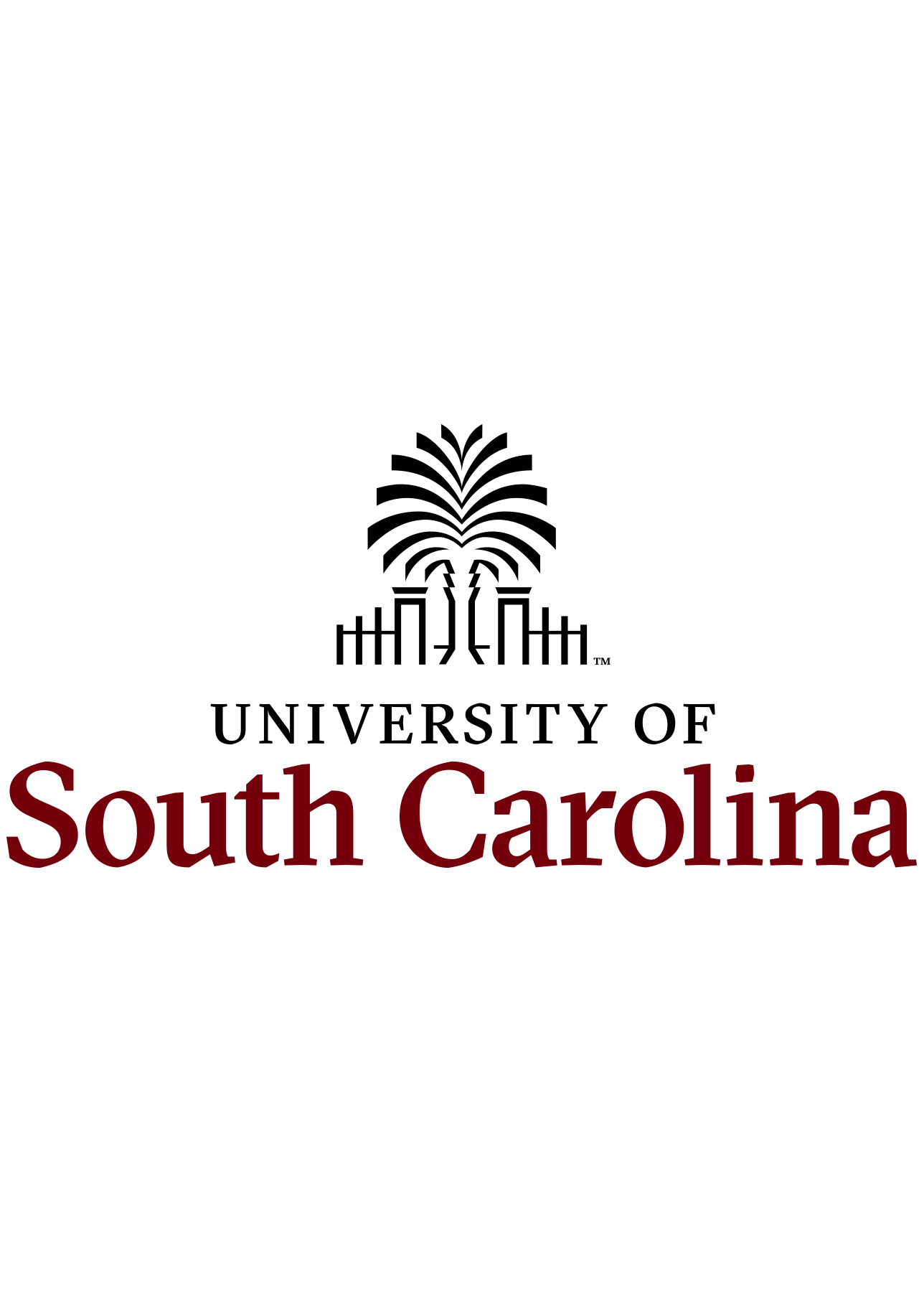
USC Viterbi
Intelligent Score: 81.46In-state: $12,288
Out-of-state: $33,528
In-state: $13,737
Out-of-state: $13,737
SAT: 1140-1340
ACT: 25-31
$2,543
On-Campus, Online, Hybrid
Western Association of Schools and Colleges Senior College and University Commission
28
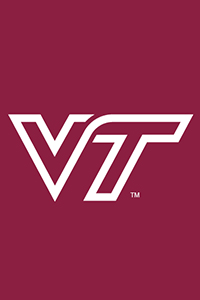
Virginia Tech
Intelligent Score: 80.65In-state: $32,274
Out-of-state: $36,090
In-state: $44,444
Out-of-state: $44,444
SAT: 1210-1410
ACT: 26-32
In-State: $846
Out-of-State: $1,705
On-Campus
Southern Association of Colleges and Schools Commission on Colleges
30
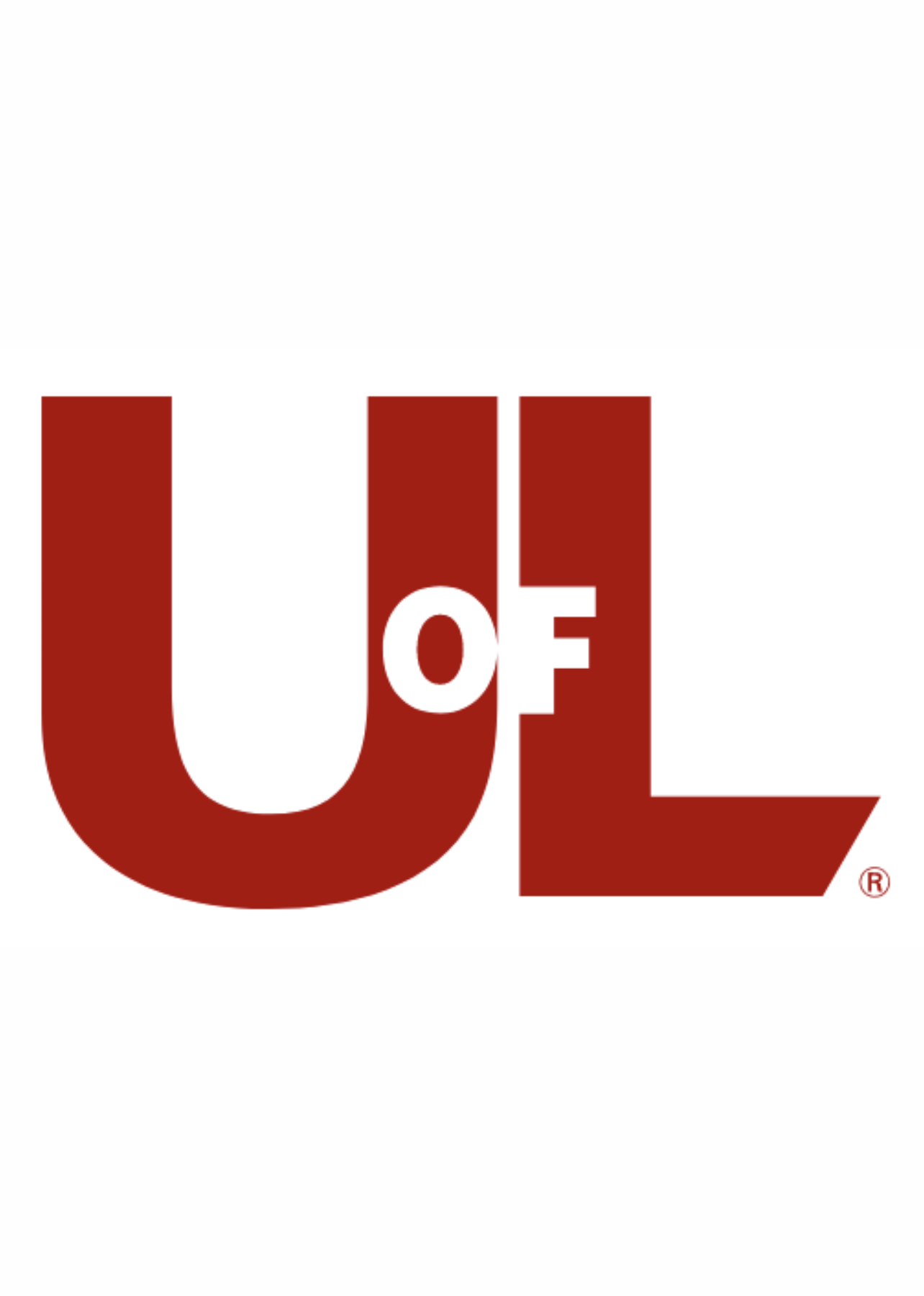
University of Louisville
Intelligent Score: 80.56In-state: $11,966
Out-of-state: $28,312
In-state: $13,260
Out-of-state: $13,260
SAT: 1050-1270
ACT: 21-28
In-State: $791
Out-of-State: $1,606
On-Campus, Online
Accreditation Board for Engineering and Technology
30
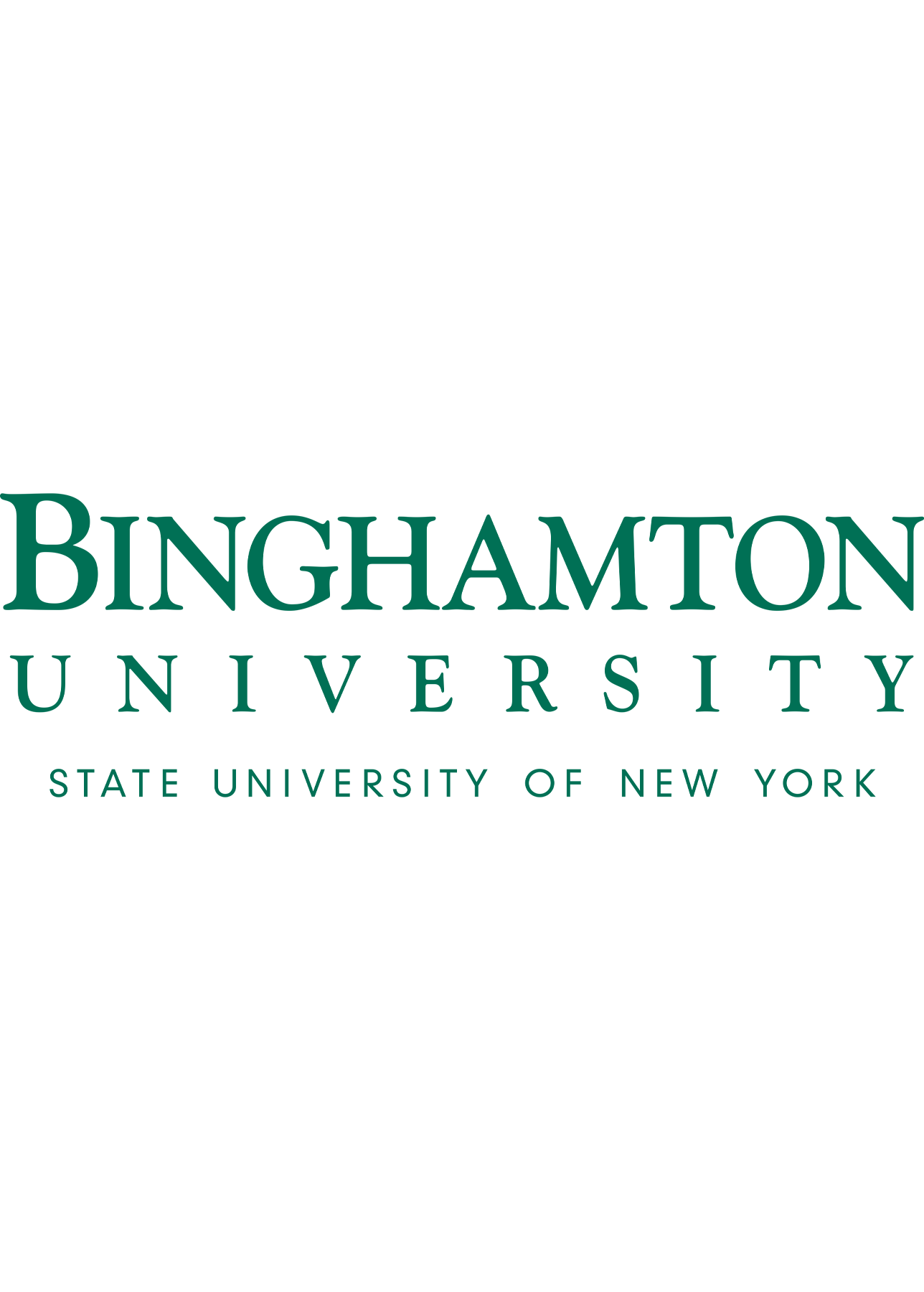
Binghamton University
Intelligent Score: 79.73In-state: $7,070
Out-of-state: $24,660
In-state: $11,310
Out-of-state: $11,310
SAT: 1290-1450
ACT: 29-32
Resident: $471
Non-Resident: $991
On-Campus
Middle States Commission on Higher Education
30

PennState College of Engineering
Intelligent Score: 79.61In-state: $32,656
Out-of-state: $52,610
In-state: $34,991
Out-of-state: $34,991
SAT: 1220-1380
ACT: 26-31
$1,108
On-Campus, Online
Middle States Commission on Higher Education
32
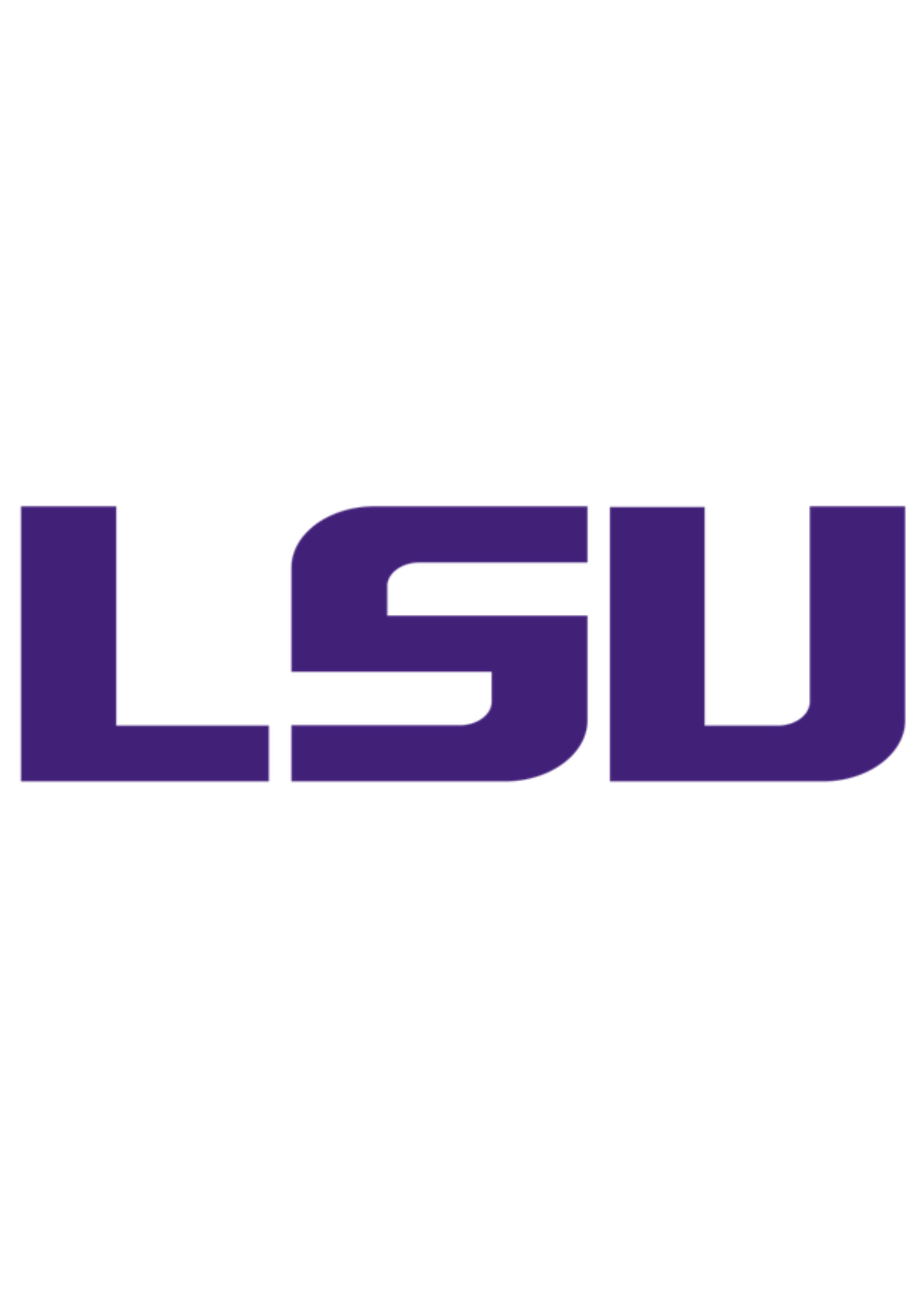
Louisiana State University
Intelligent Score: 78.28In-state: $8,038
Out-of-state: $8,038
In-state: $9,132
Out-of-state: $9,132
SAT: 1090-1300
ACT: 23-28
In-State: $696
Out-of-State: $1,636
On-Campus
Southern Association of Colleges and Schools Commission on Colleges
33
How to Choose a Master’s in Industrial Engineering Program
Choose your area of study
While industrial engineering is already specialized, many programs offer further concentrations to help you customize your skillset and boost your competitiveness in the job market.
For instance, specializing in supply chain management teaches students to streamline logistics and optimize global operations, which is crucial for industries dealing with complex distribution networks. A concentration in quality control and assurance is ideal for implementing continuous improvement methods and ensuring high product standards. Meanwhile, focusing on data analytics prepares students to analyze large data sets, produce insights, and improve decision-making using predictive modeling.
Specializations vary by institution, so it’s essential to explore program options to find one that best matches your career goals.
Research schools and programs
After choosing our specialization, you can research schools and programs aligned with your interests. Here are a few questions you can use to guide your research:
- Does the program offer specific courses related to your intended specialization?
- Are faculty members experts in your chosen field, and do they conduct relevant research or have industry connections?
- Are there opportunities for hands-on projects, internships, or collaborations with industry partners?
To find this information, explore program websites, attend virtual or in-person information sessions, and reach out to admissions offices and current students for firsthand insights.
Prepare for tests and applications
Once you have a shortlist of schools for your graduate degree, it’s time to prepare for tests and applications. Start by securing your transcripts — you’ll want to do this early to avoid delays and ensure all academic records are accurate. Then, request letters of recommendation, allowing your potential recommenders plenty of time to write thoughtful responses.
Give yourself ample time to write a personal statement articulating your goals, interests, and why each program is a good fit. You may also want to enroll in a test prep program to boost GRE scores, as many institutions give these scores significant weight during admissions.
Select your program
When acceptance letters arrive, you may have a big decision to make. Take a moment to revisit your initial research criteria, focusing on what matters most to you — whether it’s faculty you’re excited to learn from, courses that align with your specialization, or industry connections to help build your future career. Equally important is reassessing the total cost of attendance, including tuition, fees, and living expenses, to ensure your chosen program is financially feasible.
Determine how you’ll pay for your degree
Financing your graduate degree without incurring debt may seem impossible, but there are many financial aid resources to help. Start by prioritizing scholarships and grants, as these don’t require repayment and can significantly reduce your tuition expenses. Next, explore assistantships, where students receive a stipend and tuition waiver in exchange for research or teaching work. If you’re currently employed and your job aligns with your career goals, ask your employer about tuition reimbursement programs, which can cover some costs.
For financial gaps, consider federal loans. With relatively low interest rates and flexible repayment options, they’re largely considered a better option than private loans.
What Can You Expect From a Master’s in Industrial Engineering Program?
A master’s in industrial engineering allows students to delve into topics like operations research, supply chain management, quality control, and data analytics — honing their ability to streamline processes and improve productivity. The most innovative curriculums explore innovative methods like Six Sigma and lean manufacturing while also mastering simulation and modeling software crucial for decision-making in various industries.
These programs cultivate analytical thinking, problem-solving, and project management skills, ensuring you’re well-prepared to tackle real-world challenges upon graduation. Many programs include a capstone course, a culminating project where you’ll apply your knowledge to solve practical problems in collaboration with industry partners.
The estimated completion time for these degrees varies, but full-time students often finish within 18 months to two years.
Potential courses you’ll take in a master’s in industrial engineering program
- Operations Research: Frequently a core requirement, this course introduces optimization techniques like linear programming, integer programming, and dynamic programming. Students learn to develop mathematical models to improve decision-making and resource allocation across various industrial settings.
- Supply Chain Management: Focusing on the flow of goods from production to customer delivery, this course teaches students how to optimize supply chain networks. Topics may include inventory management, logistics, and procurement strategies. Participants develop skills to boost efficiency and minimize costs throughout the supply chain by analyzing case studies and using software tools.
- Quality Control and Assurance: In this course, students learn the principles of statistical quality control and improvement methods like Six Sigma. They analyze process variability and use control charts to monitor production quality. This course provides essential skills for ensuring consistent product standards and implementing continuous improvement practices in manufacturing environments.
- Advanced Data Analytics for Industrial Systems: Often deemed an elective, this course teaches students to use statistical and machine learning techniques for predictive modeling. They use software tools to analyze industrial data, uncover trends, and make data-driven recommendations to optimize production processes.
Master’s in Industrial Engineering Degree Frequently Asked Questions
How do I apply to a master's in industrial engineering degree program?
Most graduate programs in industrial engineering offer a relatively straightforward application process, with many programs sharing similar criteria:
- A bachelor’s degree, often in engineering or a related field
- Official transcripts from all previously attended institutions
- Two to three letters of recommendation
- Statement of purpose
- GRE scores, if required
Speaking to an admissions counselor before applying is crucial for understanding specific prerequisites and deadlines, ensuring you present a strong application.
How much does a master's in industrial engineering degree cost?
The cost of these degrees varies by institution, but for the 2020-2021 academic year, the average tuition was $19,749. However, this number fluctuates depending on whether you’re attending a public or private university and qualify for in-state or out-of-state residency.
Beyond tuition, you should consider additional expenses like commuting costs, housing, textbooks, course materials, and living costs. These expenses can add up over time and significantly add to the overall cost of your education.
How long does it take to earn a master's in industrial engineering degree?
A master’s in industrial engineering takes most full-time students 18 months to two years to complete, while part-time students may see completion timelines closer to three or four years.
It’s important to note that program length largely depends on the number of credits required — ranging from 30 to 45. Be sure to assess credit requirements beforehand to more accurately predict your specific completion timeline, depending on the number of courses you can take each semester.
